
Neglected and Underutilised Plant Species
There is now overwhelming evidence that the global climate is changing and that smallholder farmers in sub-Saharan Africa are likely to be severely affected. Neglected and underutilised plant species (NUS) are recognised as being important in addressing food and nutrition insecurity through adaptation to continuously changing climate conditions. Through Global Challenges Research Fund (GCRF) funding we were able to partner with the Crop Technology Development Organisation (CTDO) in Zimbabwe, and hosted a workshop with a wide range of major NGOs (Ministry of Agriculture, WFP, ICRISAT, Oxfam), academics and business. This workshop resulted in a policy report and significant media coverage (prime time news and national press) that demonstrated the importance of NUS.
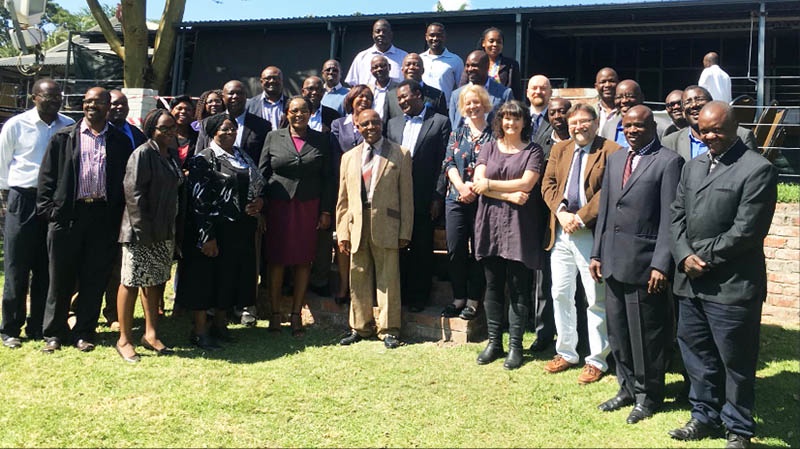
Empowering Women Farmers
We continue to work with CTDO who have a longstanding relationship with smallholder farmers developing and evaluating practices and methods for conserving NUS on farm using farmer field school approaches, participatory plant breeding and varietal selection. Woman farmers take advantage of these opportunities to grow, harvest, process and cook NUS nutritious dishes for their households.
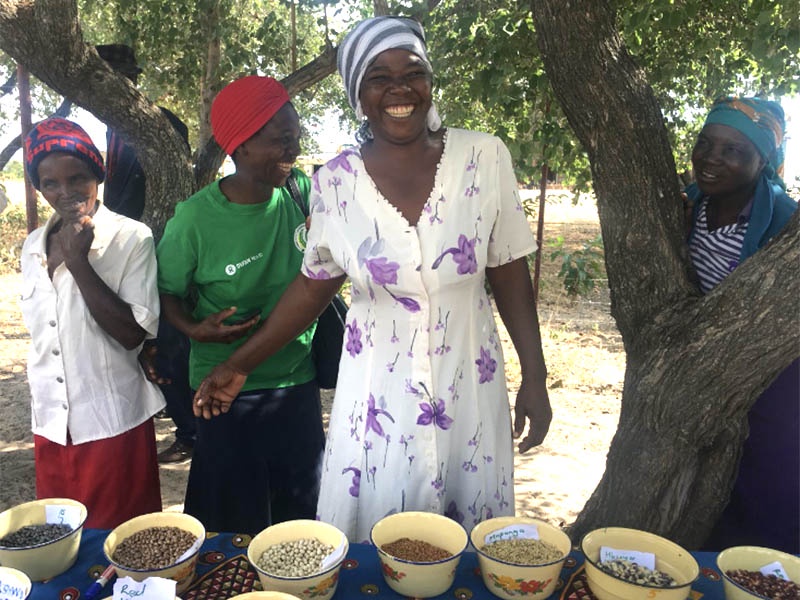
Gladys Chiunye, Edina Kawiwi and Sophia Chari (Mudzi District, Zimbabwe)
“working in farmer field school groups is empowering as we can exchange seeds, recipes and knowledge on how to grow and conserve NUS and other local plant resources important for food and nutrition”
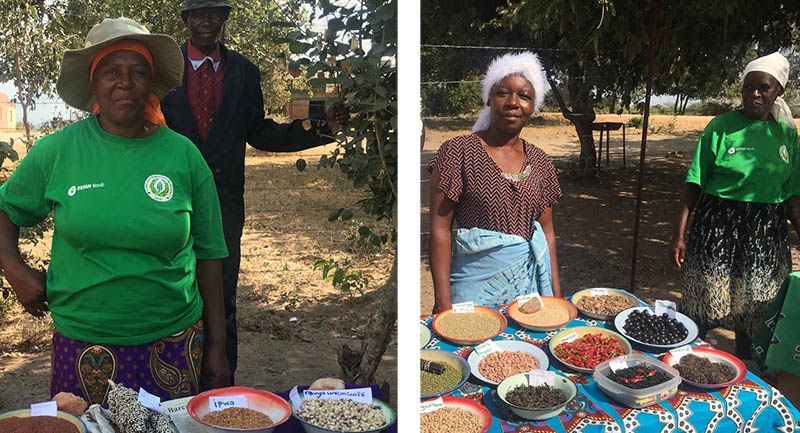
Left - Abigirl Chimimba (Mudzi District, Zimbabwe) "Traditional seed varieties had disappeared at an alarming rate but through the various programmes that CTDO and partners are implementing we have managed to conserve our genetic diversity"
Right - Netsai Silli and Rugare Munazi (Mudzi District, Zimbabwe) “NUS are important as they provide nutritious dishes especially during the dry months of year and also in drought years”

Left -Smolly Ndlovu and Dadirai Musona (Mudzi District, Zimbabwe) "Seed fairs have enabled us as farmers to exchange, share, trade as well as creating market linkages to improve the availability of locally produced seed to all farmers," Dadirai Musona
Right - Maria Dowerowe and Anna Muhwava (Mutoko District, Zimbabwe)
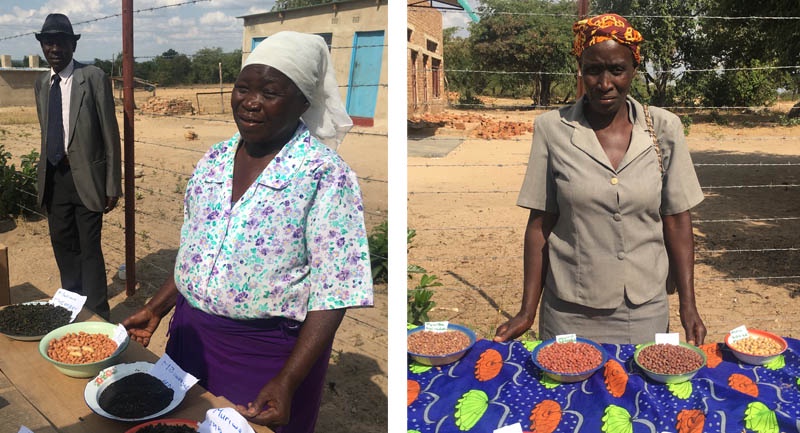
Left - Ellah Chipetekure (Uzumba-Maramba Pfugwe District, Zimbabwe)
“drying indigenous vegetables lessens women's challenges of looking for them, especially during the dry months of August to November”
Right - Jennifer Bhero (Mudzi District, Zimbabwe)
“crop diversification is key to improving household nutrition”
Moringa; Delivering Both Nutrition and Economic Value
NUS continue to be maintained by cultural preference and traditional practices. Despite the crucial role they play both in food and nutrition security, as well as income generation for the rural poor, they remain inadequately characterised and researched. An important NUS; moringa is common throughout sub-Saharan Africa, but not yet grown commercially for large-scale production. It is widely regarded as a 'miracle tree' and has been described by many as a 'nutritional and medicinal cornucopia'.
We partnered with Africa Growing plc; a Public Private Community Partnership framework who have contributed significant investment working with in-grower and out-grower members of the National Smallholder Farmers Association in Malawi. Through a GCRF foundation grant we have explored the potential of moringa to contribute towards scaled-up nutritional programmes in Malawi. We demonstrated that moringa leaves, which can be repeatedly and sustainably cropped were high in protein and fibre, as well as being extremely rich in micronutrients and beneficial bioactive constituents considered to contribute towards prevention of life-style-related diseases (type-2-diabetes, cardiovascular disease, and cancer).
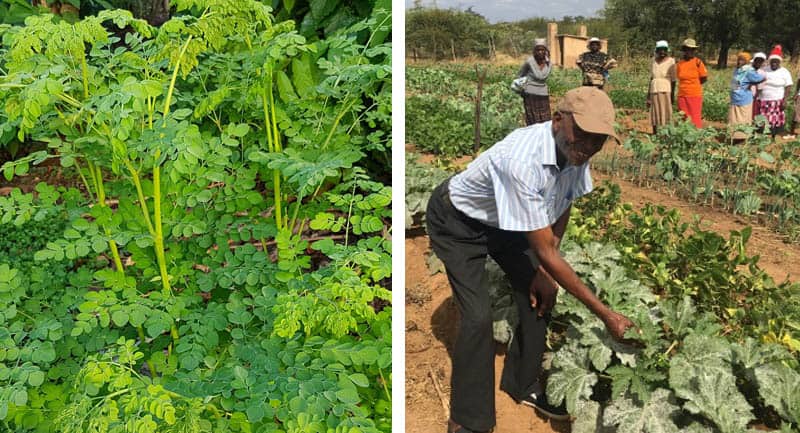
To be successful, it was recognised that agriculture would have to change to a more dynamic model that would open up new opportunities for commercialisation. Value chain analysis demonstrated that while moringa was commercially valuable, the value chain for in-country producers was poor and its natural bitter taste was also regarded as a barrier. Through the partnership with Africa Growing, we developed a nutraceutical product that masked the unpleasant taste while retaining all the benefits of moringa. This patented product; Sciiona is due to be launched later this year with a proportion of the profits being invested in aid projects in Malawi.
This research was conducted by Professor Wendy Russell
